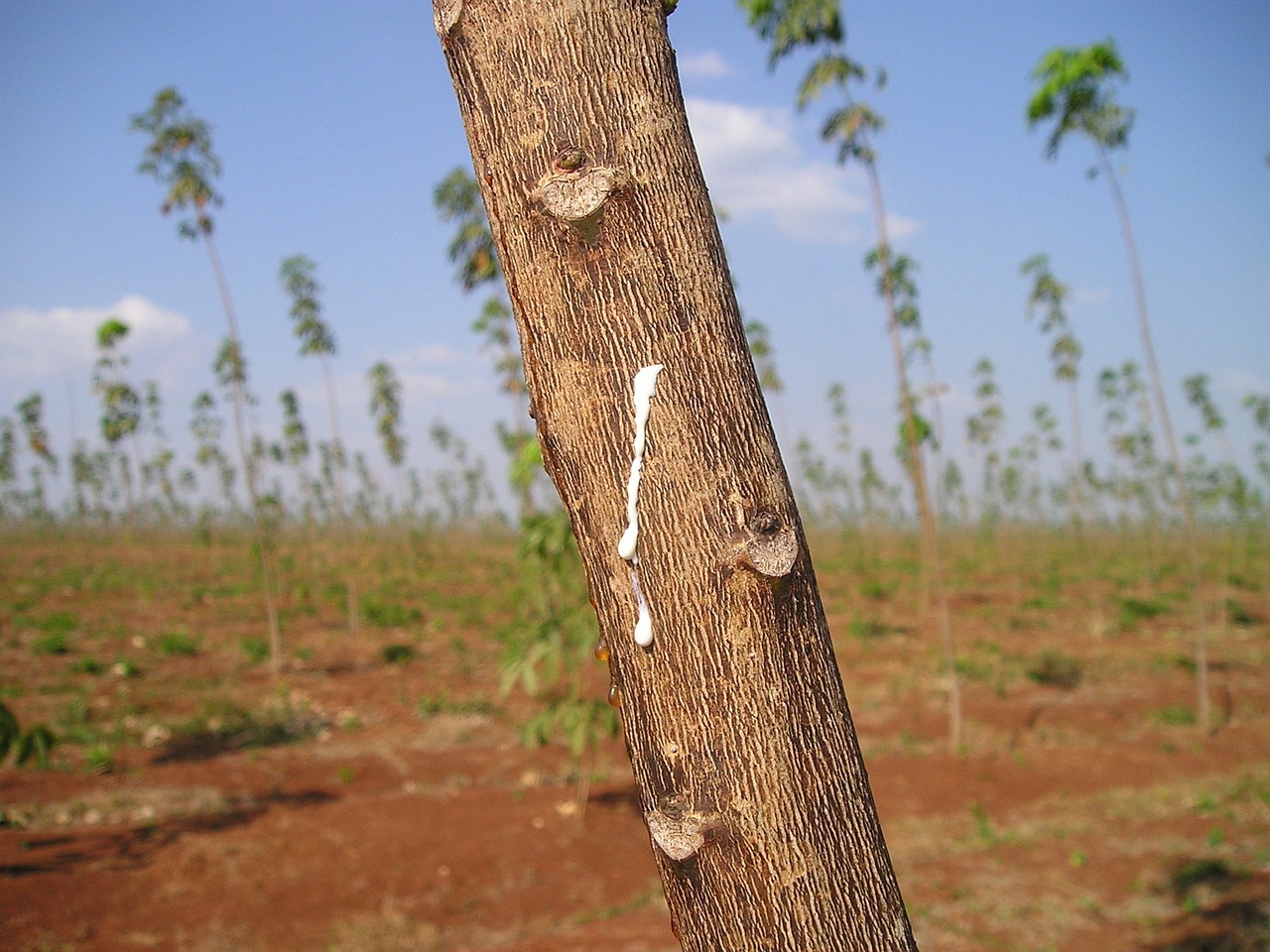
Exploring Smallholder Solutions in the Rubber Sector, Indonesia
22 September, 2020 – The common interest to find solutions to enhance the production and trade of sustainable natural rubber brought HeveaConnect, Target Cooperation and World Wildlife Fund (WWF) together in 2019. They engaged Financial Access to analyze the potential of rubberwood to serve as a mechanism to support the mobilization of replanting finance, leading to higher income for smallholders, reduced deforestation and improved rural livelihoods.
Low yields are one of the main issues plaguing rubber smallholders in Indonesia, who are often forced to replace rubber with other commodities or clear land to meet market demand and improve their livelihoods. This has negative consequences, including a deterioration of Indonesia’s export position in the rubber sector as well as increased rates of deforestation.
The low yields are caused by a combination of poor management practices and over-aged trees, which are less productive. Low international rubber prices exacerbate these problems, trapping farmers in poverty. Though replanting rubber trees requires a significant investment from smallholders, selling the rubberwood from their old trees can help lessen their financial needs and financing costs over time.
In this study, Financial Access has investigated the potential of selling rubberwood as a viable economic activity and has designed a financing scheme that has the potential to ensure that smallholders can structurally improve their cashflows and debt repayment capacity during and after replanting. Read the full report here.
